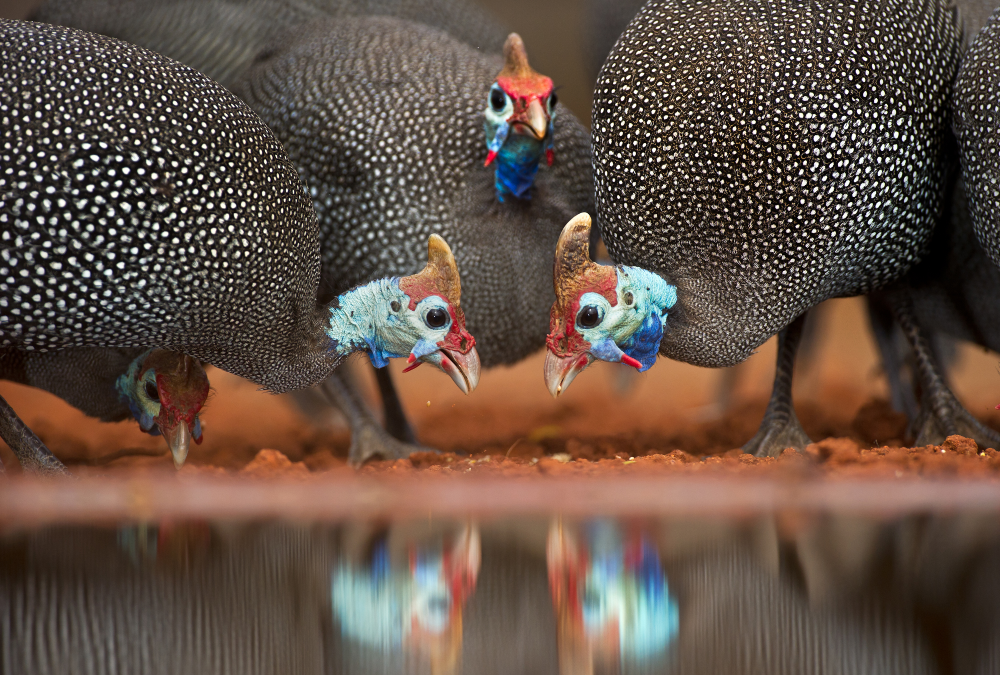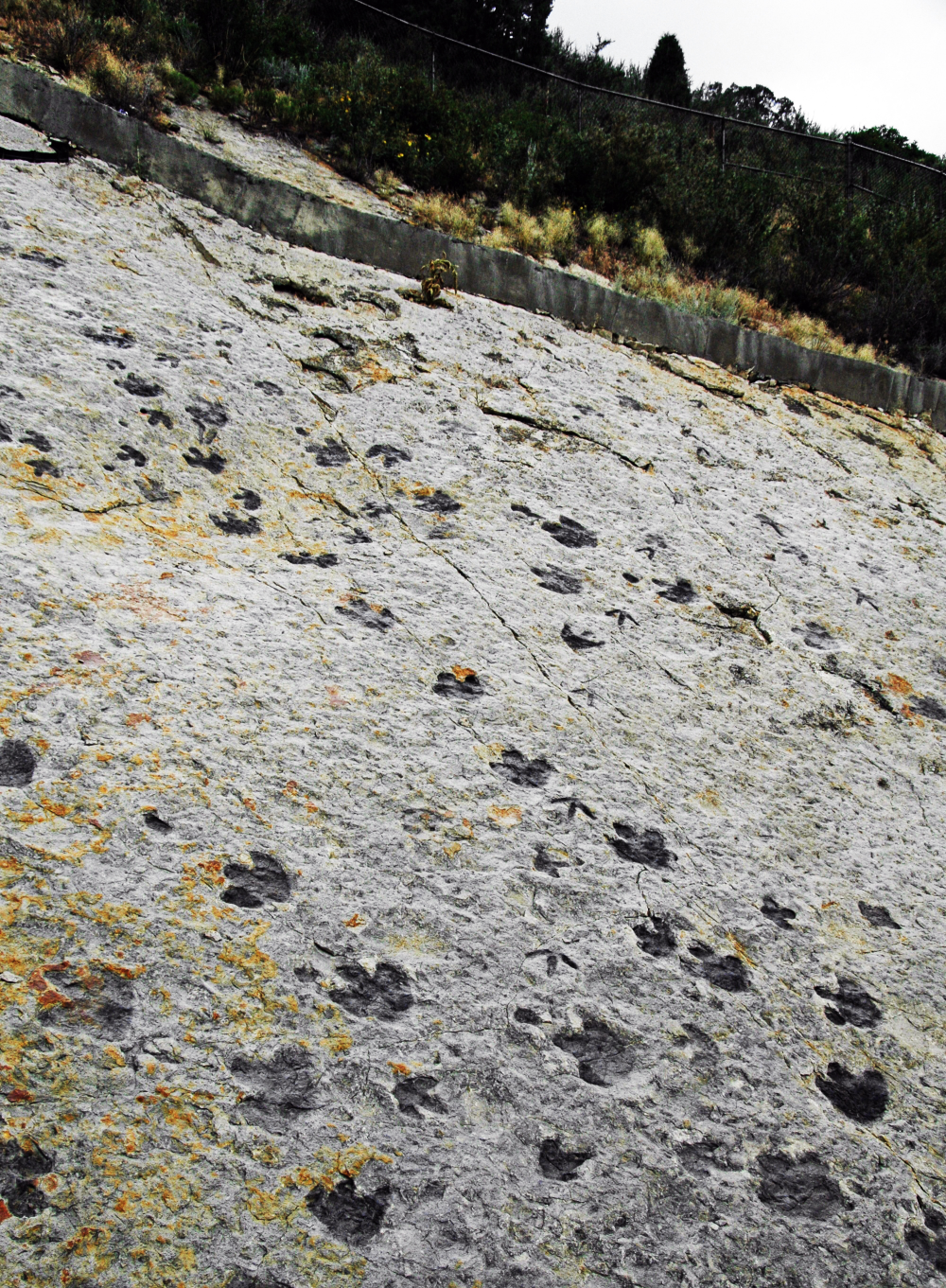How fast could a dinosaur run? It’s a good question, one that raises another question: how on Earth do you begin trying to figure it out? One method we’ve long used involves looking at trackways and using their measurements to figure it out mathematically. A new method looked to something else pretty special that you can find in nature: guineafowl.
Helmeted, crested, vulturine. If this is the first time in a while you’ve thought about guineafowl, might I suggest you stop sleeping on them. These birds are really something else, strutting about in the wild with everything from a toupee to a giant tooth-like horn on their heads, but they also make good stand-ins for dinosaurs when you need to do a bit of science.

Behold, the helmeted guineafowl.
Image credit: Albie Venter/Shutterstock.com
The study enlisted two helmeted guineafowl, Numida meleagris, and got them to run across muds of different consistencies. They then used photogrammetry to capture the resulting trackways, and looked at how the measured speed compared to the speed they got when they used the same calculations we’ve historically used on dinosaur trackways to clock their speeds.
The results showed that the guineafowl were moving much more slowly in real life compared to what the trackway calculations estimated. It also demonstrated that the birds could be moving at significantly different speeds while still leaving about the same distance between footprints, so stride length wasn’t a good indicator of speeding up or slowing down.

Were these dinosaurs running or strolling? Turns out it’s not so easy to figure out.
This isn’t the first time somebody’s got guineafowl running to estimate dinosaur speeds, but the last time it was done, the birds were on a treadmill. In that study, the birds’ speeds were relatively similar to what the trackway calculations estimated, but that ignores one simple but salient detail: dinosaurs weren’t running on treadmills.
The authors of this latest study suggest that the big differences they saw may be attributable to the fact that an animal’s gait is likely less steady when running on squishy mud. Given you need a squishy substrate in order to leave tracks, it seems the same discrepancies between trackway and animal speeds probably applied to the dinosaurs, too, and ergo: they were probably moving more slowly than we’ve previously estimated.
All of that from a bird that’s running around with a tooth on its head. Don’t you just love science?
The study is published in the journal Biology Letters.
Source Link: How Fast Were Dinosaurs? Guineafowl Races Reveal They Were Probably Slower Than We Thought